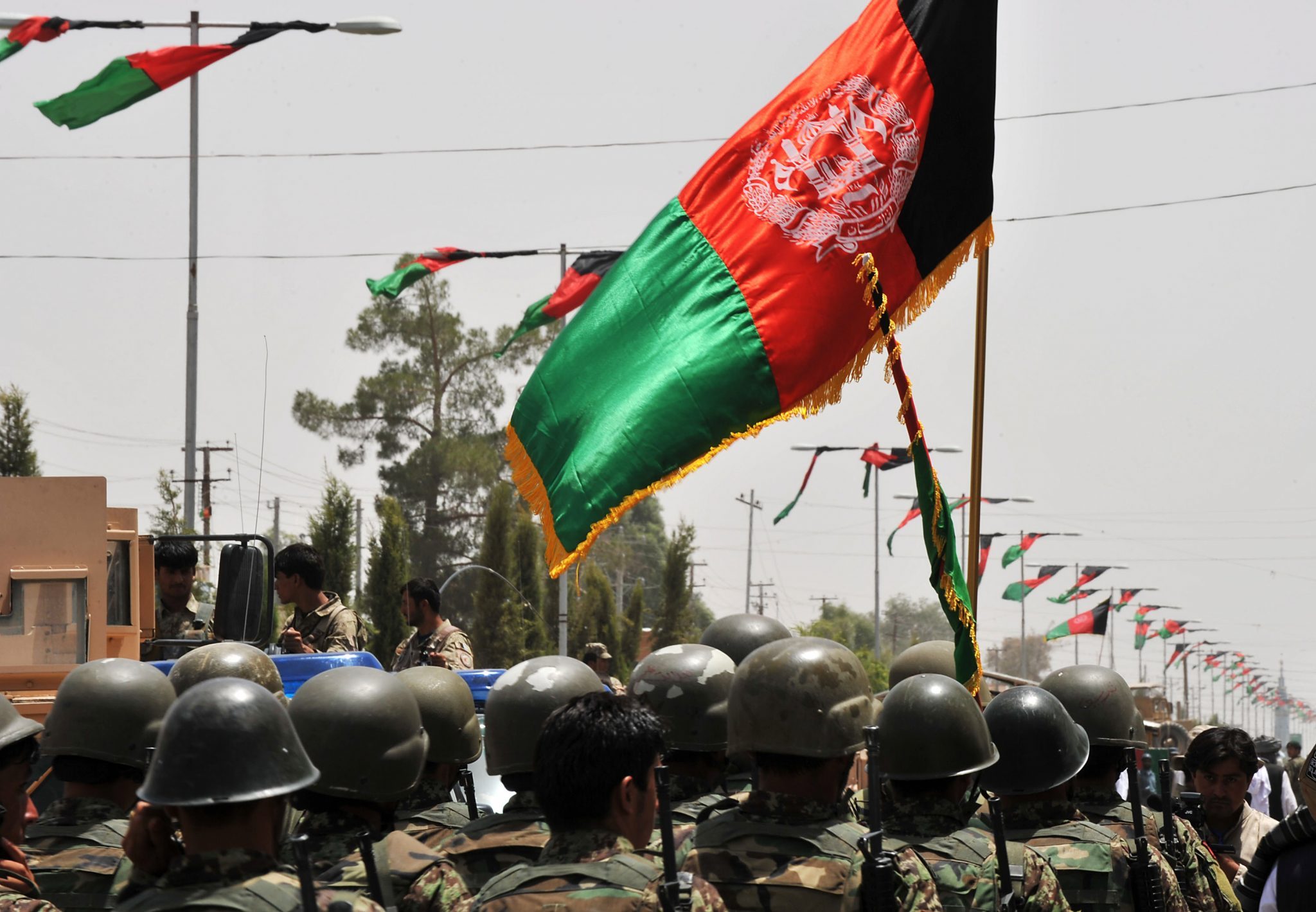Kabul was struck with several blasts on Tuesday, with one of the attacks reportedly targeting the country’s acting defence minister.
The European Union’s Vice President Enrique Mora and Special Representative for Afghanistan Thomas Nicholson met with representatives from the Afghan government negotiating team as well as the Taliban in Doha on Tuesday.
According to Afghan media, the EU officials met with Special Envoy of the President of Afghanistan Abdul Salam Rahimim who provided them with details on the latest developments on the ground in Kabul, where violent escalations have been reported.
“I met the two Afghan negotiation teams in Doha. Clear EU positions spelt. A negotiated settlement accepted by Afghans=continued EU support. Taking power by force = non-recognition, isolation and continued conflict. Respect In Humanitarian Law,” tweeted Mora on Wednesday, who reiterated Europe’s political support for the government and people of Afghanistan.
I met the two Afghan negotiation teams in Doha.Clear EU positions spelt.A negotiated settlement accepted by Afghans=continued EU support. Taking power by force = non-recognition, isolation and continued conflict.Respect In Humanitarian Law@PeaceIRAfg@IeaOffice@tomas_niklasson
— Enrique Mora (@enriquemora_) August 4, 2021
Meanwhile the Charge d’Affaires of the Qatari embassy in Kabul Fahad Ali al-Sulaiti participated in a virtual meeting organised by Afghanistan’s foreign ministry on strengthening consensus for the peace process and the provision of humanitarian assistance.
The Doha meetings come amid heightened tensions in Afghanistan and a shaky security situation as the Afghan government and Taliban engage in violent battles across the country.
The attacks are seen to be part of the insurgent group’s efforts to claim more Afghan territories during the drawdown of foreign troops.
On Monday, Nicholson said that “the EU will not recognise” the Taliban if they rise to power militarily.
“We are clearly very concerned about the situation. We are trying to stay involved in Afghanistan as much as possible and will continue our development assistance. We will be involved politically, as well,” Nicholson said.
Since the start of the week, three provinces in southern and western Afghanistan have been described as facing “critical” security conditions.
On Tuesday, Kabul was struck with several blasts, with one of the attacks reportedly targeted targeting the country’s Acting Defence Minister Bismillah Khan Mohammadi. At least 10 were wounded as a result of the attack.
Interior Ministry Spokesman Mirwais Stanekzai said the major blast took place in the posh Sherpur neighborhood, a secure area in Kabul that also houses multiple senior government officials including Mohammadi’s guest house.
Mohammadi was not at his guest house at the time of the explosion and his family were safely evacuated. However, his guards were wounded.
“I assure my beloved countrymen that such attacks cannot have any impact on my willingness to defend my countrymen and my country,” said Mohammadi in a video released by the defence Ministry.
No one has yet claimed responsibility for the attack and Stanekzai said all four perpetrators were killed by security personnel after the police carried out a cleanup operation.
The US State Department speculates that the insurgent group was behind the ambush as it “bears all the hallmarks of the spate of Taliban attacks” that took place in recent weeks.
“We unequivocally condemn the bombing and we continue to stand by our Afghan partners. I think the broader point in all of this is that there is broad international consensus that there is no military solution to the conflict,” said Washington on Tuesday.
Days earlier on Sunday, the Kandahar airport, located in the second-largest city in the country, was hit by three rockets during battles between the two warring sides.
“Kandahar airport was targeted by us because the enemy were using it as a centre to conduct air strikes against us,” Taliban spokesman, Zabihullah Mujahid told Reuters.
Prior to that, the Taliban made advances in Herat on Friday, the country’s fourth-largest city, where the United Nations’ headquarters was attacked.
Commenting on the latest escalation, Afghan President Ashraf Ghani said that the insurgent group has changed in comparison to the past 20 years, becoming more “cruel”.
“A Talib that has changed in the last 24 hours. What is their change? They have become more cruel, more oppressive, more non-Muslim,” Ghani said.
Qatar has hosted the intra-Afghan talks since September last year in hopes of reaching a political solution to the ongoing war in the country, facilitating meetings between the Afghan government and the Taliban in Doha.
The Gulf state is now set to host a Troika Plus meeting on Afghanistan on 11 August, where Russia, the US, China, and Pakistan will hold talks in Doha to discuss the peace process.
Follow Doha News on Twitter, Instagram, Facebook and Youtube







